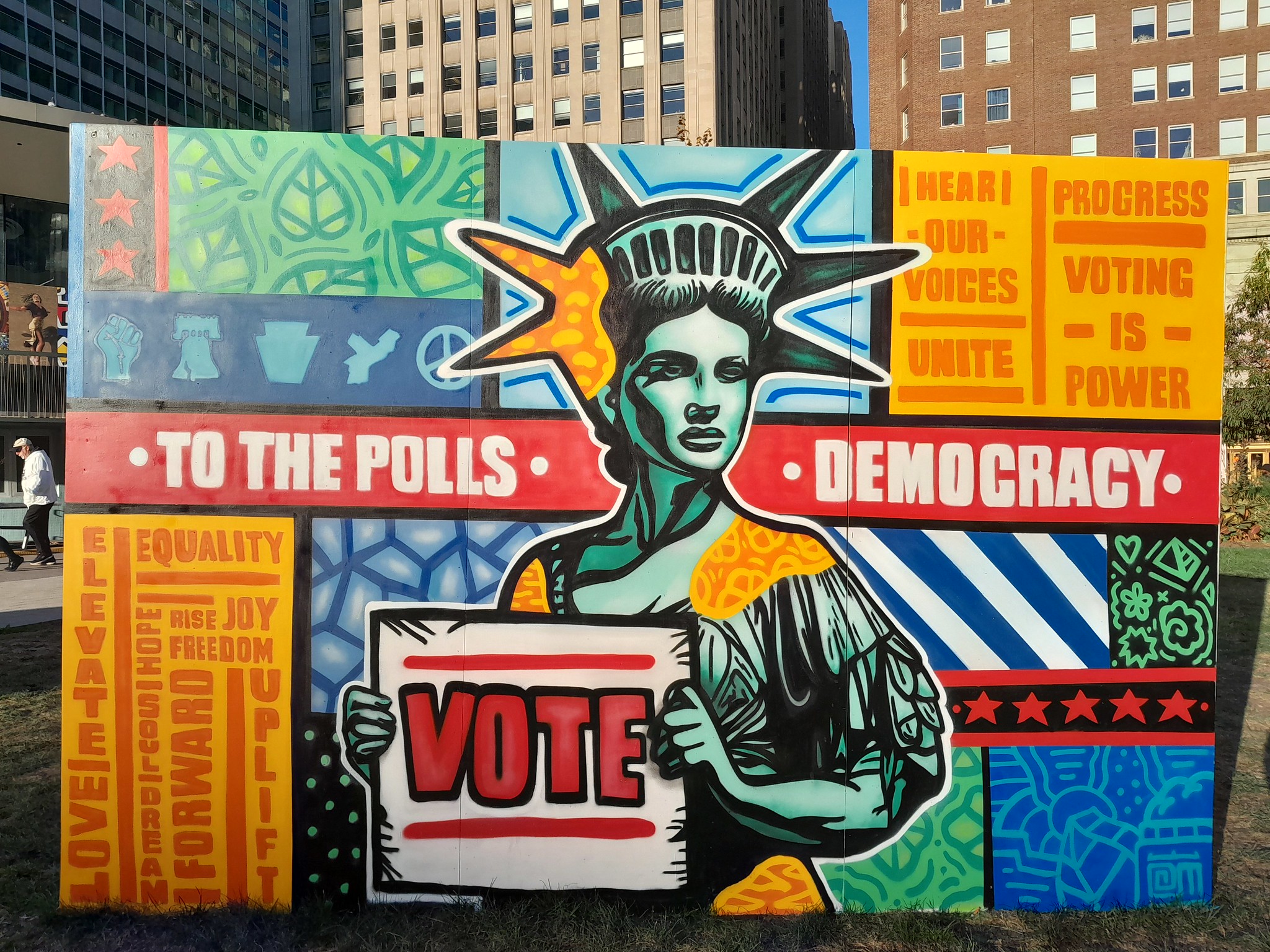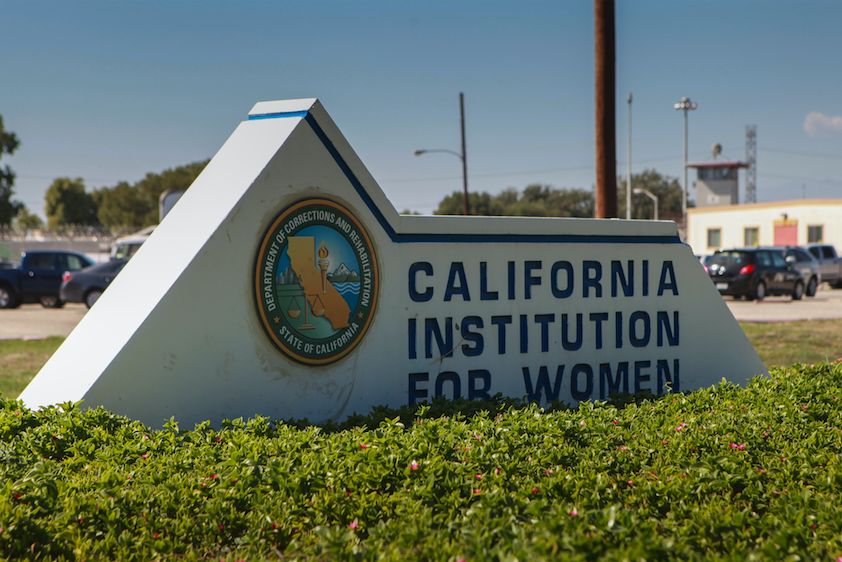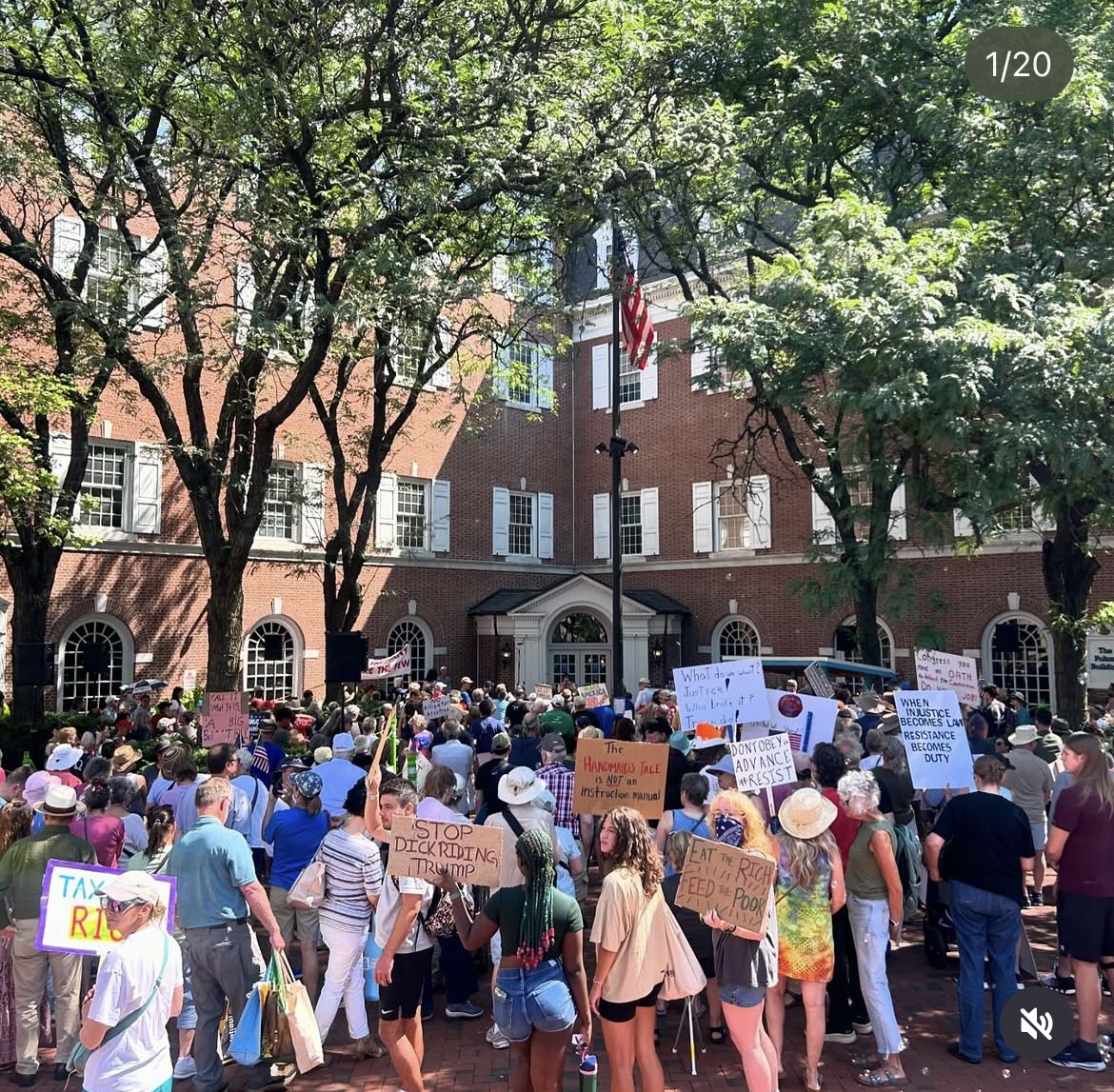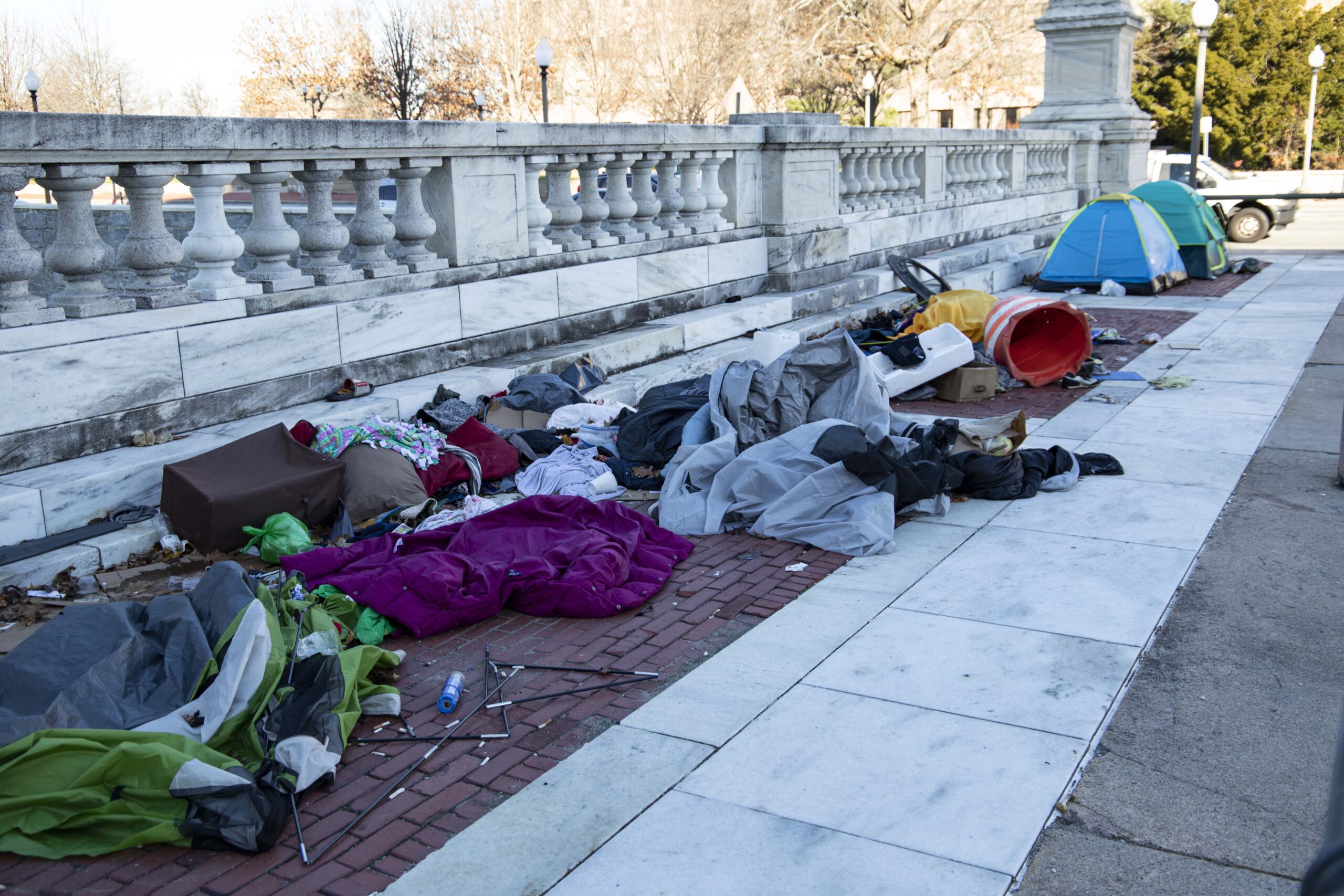(FONTANA, Calif.) — On Nov. 5, California voters rejected Proposition 6, which aimed to eliminate forced labor in the state’s prison system. The proposition failed to pass with 53% of voters rejecting it, according to the California Secretary of State’s office.
The measure had drawn significant attention from advocates of criminal justice reform, activists, and the general public who had hoped to address what they saw as a violation of human rights within the state’s prison system.
The proposition would have prohibited forced labor in California prisons, aligning the state with a growing movement nationwide that seeks to close the state’s 13th Amendment loophole.
Currently, around 70% of incarcerated people within the prisons are placed in work roles such as janitorial duties and as well as firefighting, all while earning between $0.08 to $1.00 an hour. If the individuals refuse to complete the assigned work, they face consequences such as a loss of visitation rights, removal of outdoor privileges, and an increase of additional time to the existing sentence, according to a report from the Sacramento Bee.
As the results came in, The Anti-Recidivism Coalition, which supported the measure and is determined to keep fighting to eliminate forced labor in prisons, posted to their Instagram:“We are deeply disappointed that California voters did not approve Prop 6. For too long, slavery has been embedded into our state prison system…We will work withCalifornia Legislature to bring this constitutional amendment back.”
The outcome was not entirely a surprise. An October survey by the Public Policy Institute of California found that only 41% of likely voters planned to vote “Yes” on Prop 6, with 56% planning to vote “No”.
Prior to the election, several large organizations endorsed voting “yes” on Proposition 6. The Los Angeles Times, the Anti Recidivism Coalition, arguing variously that forced labor is an outdated and morally questionable practice that does little to support prisoners’ rehabilitation or reintegration into society. According to the Secretary of State’s voter information guide for Prop 6, no one submitted an argument opposing Proposition 6.
In 2022, a similar proposition was on the ballot. ACA 3, also known as the California Abolition Act, aimed to abolish involuntary servitude without any exception. The Assembly had adjourned just before the Senate was set to vote on it, which ultimately led to its failure.
“Anyone who is against slavery, should inherently be against forced labor for prisoners, ” said Los Angeles voter Nancy Sandoval, 23, told The Click. “[I]t’s a human rights violation.”
Other voters shared similar sentiments. “Everyone deserves a second chance,” third-time voter Carson Valente, 26, of Pasadena said after voting Tuesday.
“I do not think that prisons should be profiting off of those inside,“ said Fontana voter, Alex Monterroso, 23, after voting “yes” for Prop. 6, “It raises more issues, if they are able to profit off an uptick of inmates, it fuels a cycle that in itself gives the system more leverage to arrest people which leads to more labor and more profit. It is not right.”
Other voters, like 19-year-old first time voter Nikki Lopez, had difficulty taking a stance on the proposition. “Unfortunately, I did not vote for [Prop 6]… I believe that prisoners should do some community service in order to learn more about empathy, however I am unsure if the answer to that is…labor.”
Diana Greer, an assistant director to the Underground Scholars Program at the University of California Irvine works closely with those facing incarceration. “At [the] Chino Institute for Women, the women there are working on their bachelor’s and master’s degree from CSULA,” she said. “It is hard to be a full-time student and work full-time. The women have told me that if they are ill or grieving a family member that passed away, they are still forced into work.”






